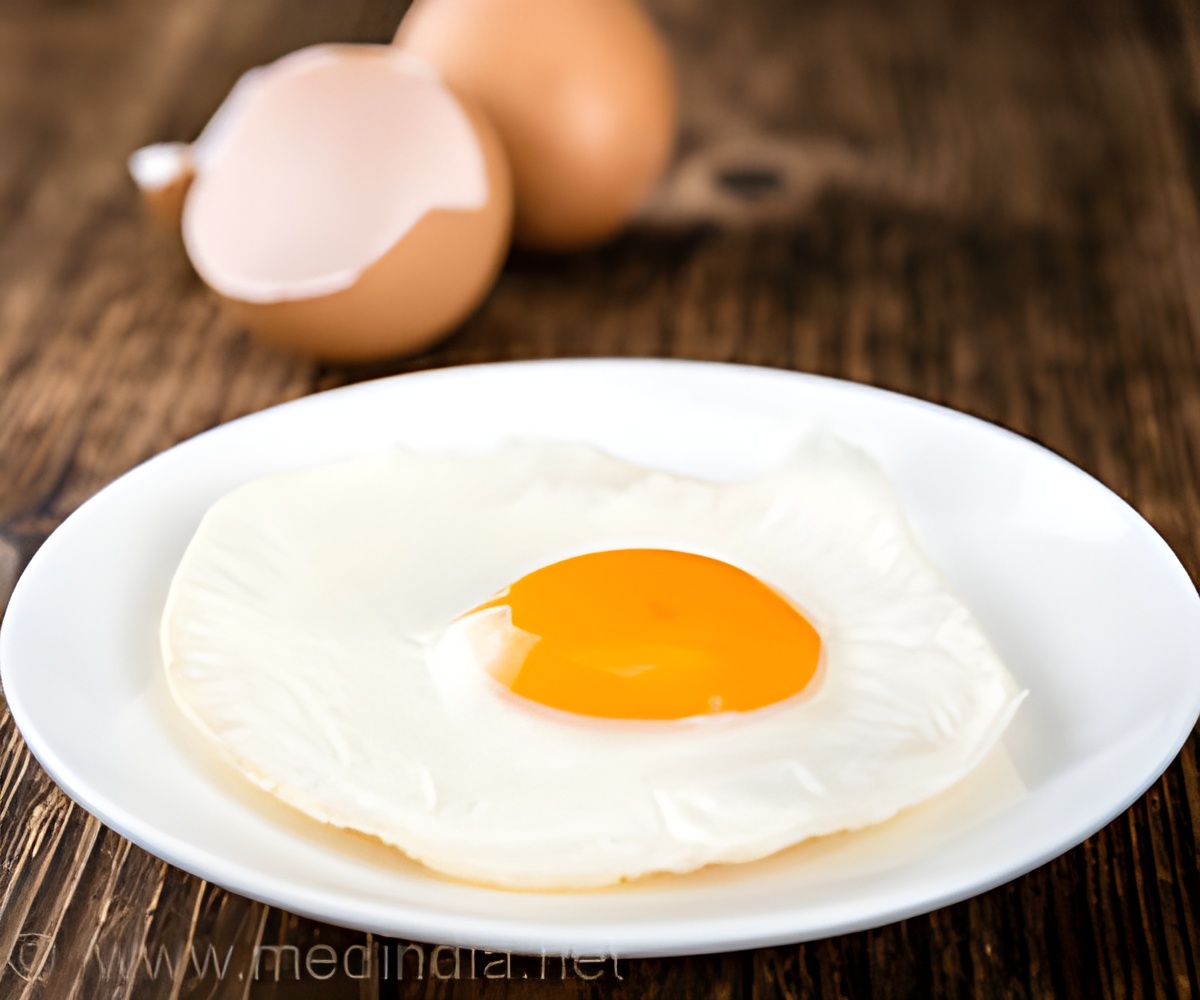Egg is a healthier option than a bowl of oatmeal breakfast because egg does not alter plasma glucose metabolism in patients with type 2 diabetes.

- People with diabetes can include eggs in their diet without any concerns.
- Eggs can reduce inflammation in diabetics compared to an oatmeal intake.
- Compared to an oatmeal breakfast, eggs do not have any detrimental effects on glucose metabolism in patients with type 2 diabetes.
Diabetes is a metabolic condition in which the body cannot regulate glucose. Diabetes affects as many as 400 million people in the world. Nearly 25 million Americans are diabetics. India is the home to more than 65.1 million people with diabetes. Type 2 diabetes is the most common than type 1 diabetes. If the blood sugar levels are not controlled, it can lead to complications such as kidney failure, diabetic retinopathy, heart disease, amputation of limbs and even death.
Egg or Oatmeal?
Most of the diabetics avoid foods from their diet that are high in sugar, fat, cholesterol, and sodium. They avoid eating eggs because of their cholesterol content and include grains such as oatmeal.
Oatmeal is considered as a heart-healthy diet as it contains β-glucan, a soluble fiber that lowers low density lipoprotein (LDL) or bad cholesterol levels. Oatmeal has also been claimed to lower blood glucose levels in people with type 2 diabetics. However, in contrast, eggs are recognized as a food that can raise LDL level and alter glucose metabolism, leading to diabetes.
“Eggs may help protect against cellular damage caused by the presence of unstable molecules called ‘free radicals’ that are responsible for aging, tissue damage, and some diseases,” said Fernandez, lead author of the study.
The study included 25 participants aged 35 to 65 years with type 2 diabetes. The participants were randomly divided into two groups and allocated to consume either one egg a day or 40 grams of oatmeal with 2 cups of lactose-free milk a day for 5 weeks. The participants were under the care of physicians and had good control over their condition.
At the end of the first period, a three-week washout was followed during which time the participants were allocated alternate breakfast for an additional five weeks. Neither eggs nor oatmeal was included in their diets during the washout period. The participants were provided with eggs, oatmeal and lactose-free milk every two weeks and they returned the uneaten portions, which were recorded by the researchers. The study participants were given three exercise diaries at the end of each breakfast period to ensure that there were no changes in their physical activity during the study.
The results at the end of 13-week study showed no difference in the levels of plasma total cholesterol, plasma LDL, triglycerides, and glucose between the two diets (egg and oatmeal). It was thought that oatmeal diet would be better than the egg diet. But, it turns out that both were equally good.
“What surprised us was that markers for inflammatory processes actually went down during the period when people were eating an egg a day,” said Fernandez. Patients with diabetes are characterized by having low-grade inflammation that can be measured in plasma, and this can be reduced by including an egg a day in the diet. The results of the study showed that there were no changes in HbA1c, and plasma insulin, indicating that eggs can be included in the diet without any detrimental effect on lipoprotein or glucose metabolism.
“We looked at the tumor necrosis factor (TNF)-α and interleukin 6 (L-6) in our subjects and were surprised to see that during the time they were eating an egg a day, these levels actually went down. This gives us a strong indication that not only is it OK for diabetics to consume at least one egg daily, it actually may be beneficial in the long run,” added Fernandez.
The study was of a short duration and patients with uncontrolled diabetes or additional complications were not included. The researchers hope to conduct a larger cohort study over a longer period, and the controlled introduction of extra eggs in the participants diet.
Source-Medindia















